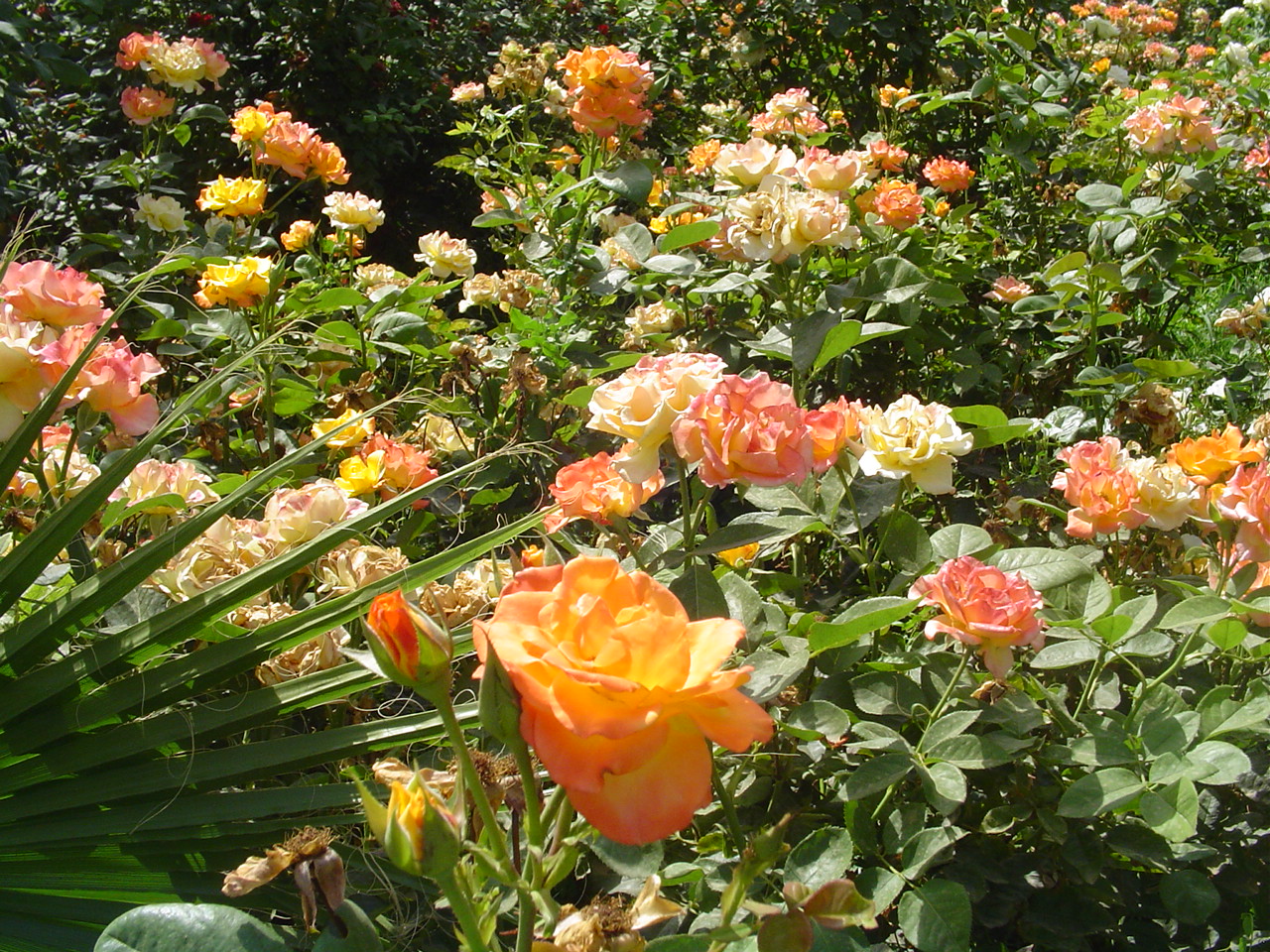
By: Klaudia Khan
The concept of responsible management and taking care of the natural environment is firmly embedded in the teachings of Islam, so Muslims shouldn’t be reminded that living eco-friendly lifestyle is part of their religion. Or do they?
Fazlun Khalid, a man synonymous with the eco-Islam movement and one of the most influential contemporary Muslims, claims that people nowadays, including Muslims, are getting more and more disconnected from nature.
It’s not only Islam that teaches respect for the natural environment, but it’s an idea rooted in every religious system in the world. Yet as the philosophy of the Post-Enlightenment Era divided the sacrum from the Profanum, industrialization and urbanization allowed people to live lives that are physically disconnected from nature, the sacrosanct link between the Creator and the creation has gone into abyss.
The result is a new world order in which the decisions are made by the people who care more for economical growth and the disastrous consequences this growth causes to the planet. And while environmentalists of all faiths are proclaiming the doomsday for Earth, the decision-makers seem deaf or oblivious to their reasoning and continue pushing our civilization towards environmental disaster. So is everything lost for us and future generations?
Not if we wake up now and make radical changes to our lives. But it’s not going to be easy as we have to make a step back and give up on luxuries that we got accustomed to. We have to go back to the Prophetic tradition of simplicity. As Khalid put it: "We have to live simply, so that others may simply live."
Reconnecting with Nature seen through a faith perspective was the subject of a series of lectures followed by discussion organized by Dr. Rizwan Nawaz at Leeds University on November 12.
Khalid was the first speaker with his lecture on ‘Reconnecting with Nature – An Islamic Perspective’; and his vast knowledge and experience in the field of conservationism made the listeners realize the seriousness of the problem.
His lecture provided an exposition of the problem, while the other speakers tried to present the possible solutions.
Emma Clark, a well-established international garden designer specializing in Islamic gardens, a writer and a senior tutor and lecturer at the Prince’s School of Traditional Arts in London gave a presentation on ‘The Islamic garden as an opportunity for bridge-building between cultures’.
She started by explaining the concept of Islamic garden and the philosophy underlying all of its elements and went on to point out how the sacred art of Islamic gardens, the indisputable beauty and the magnitude of nature can speak and be understood by people from all the cultural and religious backgrounds and help build bridges between the communities.
Traditional Islamic gardens – Charbagh, are reflections of heaven on Earth, but the idea of heaven which they reflect is common to people of different faiths, not only Muslims.
And so through pondering on the beauty and the manifestation of cosmic harmony expressed through the design of Charbagh, people could find what has been missing in their lives and start the process of realigning themselves back to nature.
Mark Bryant, Development Officer for the study of Islam at University of Cardiff, and the last speaker at the event presented a lecture ‘Are British Muslims green?’ which offered some insight into how local Muslim communities are reconnecting with nature, often through creating green spaces, Islamic inspired gardens and communal gardens.
One of the success stories he related is the Community Garden created by the Wapping Women’s Centre in the East London Borough of Tower Hamlets. Creating a green space for vegetable garden enabled women not only to grow their own greens, but also boosted their confidence, helped establish a sense of belonging and promoted some pro-ecological changes to their lifestyle.
While many British Muslim communities are skeptical about the gardening projects, those who give it a try and start soon begin to see the positive changes that such ventures bring, their outlook changes and they do embrace more green lifestyles.
The lectures were followed by refreshments and discussions over the cups of tea, where the speakers, organizers and the visitors freely exchanged impressions, opinions and ideas. It was an interesting event and it certainly provided lots of food for thought and inspiration. Maybe the best way to start reconnecting with nature is by getting physically close to it. To find our right place within Allah’s creation we need to realize its grandeur. “Assuredly the creation of the heavens and the earth is a greater (matter) than the creation of men: Yet most men understand not.”(Surat Ghafir: 40:57).
Klaudia Khan is a freelance writer interested in all aspects of green living. She studied Sociology in London and now lives with her husband and two daughters in the UK and Pakistan.
This article was originally published November 24, 2013 on Onislam. Photo credit from mwanasimba




